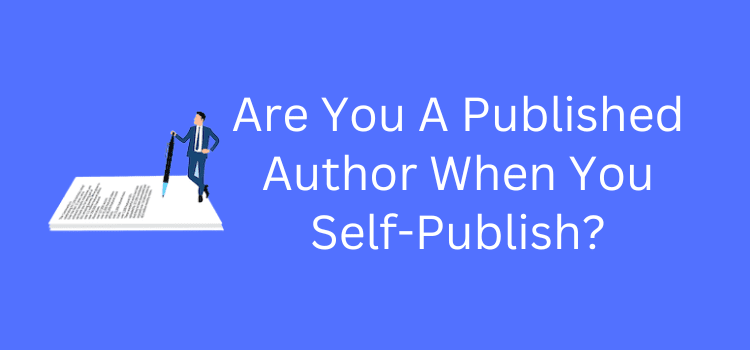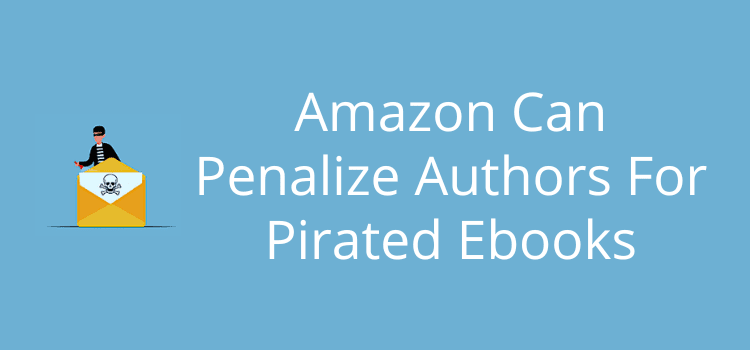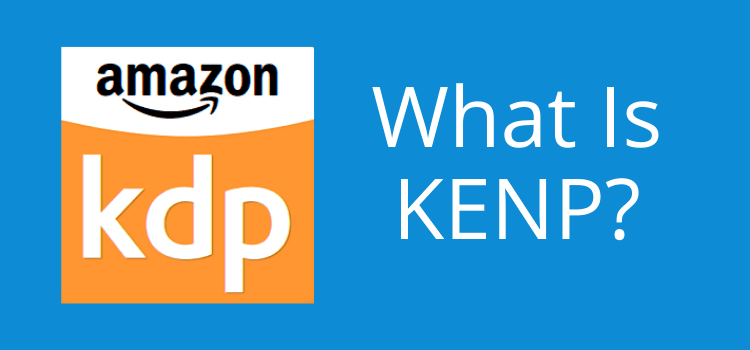
Yes. You are a published author if you self-publish, and here’s why.
The definition from the Oxford Dictionary makes it clear.
You are published when a book, journal, piece of music, etc., is prepared and issued for public sale or readership.
So you are a published author as soon as you make your book available for people to read or buy, online or otherwise.
Traditional publishing vs. self-publishing
Like many businesses, the publishing industry has undergone a massive transformation in recent years.
The rise of self-publishing and online publishing platforms has played a significant role in this evolution.
Traditional publishing houses still hold a level of prestige.
However, self-publishing and online publishing offer authors greater creative control and flexibility.
Searching for literary agents to represent an author or entering into binding contracts is unnecessary.
They can publish without handing over the rights to their books.
By retaining the rights to a book, an author can self-publish and sell their books in any format and market.
Even better, self-publishing pays much higher royalties.
Traditionally published authors earn between 5% and 25%, while self-published authors earn between 35% and 70%.
However, many authors wonder if they can consider themselves published authors if they self-publish or publish their work online.
Traditionally, being a published author meant that your work was accepted by a publishing house, edited, and released in physical forms, such as a book or a magazine.
However, as the publishing industry has evolved, so has the definition of published.
Today, being published means that your work is available for purchase (or free) in digital or print format.
Whether it is through a traditional publishing house, self-publishing platforms, or online platforms doesn’t matter.
Self-publishing is a legitimate way to get your work out there
In recent years, self-publishing has become increasingly popular, and it’s easy to see why.
It allows authors to bypass the traditional publishing process and maintain greater control over their content, cover design, and pricing.
Self-publishing platforms like Amazon’s Kindle Direct Publishing, Draft2Digital, or IngramSpark allow authors to sell their books on major book retail stores like Amazon, Barnes & Noble, and Apple Books, which means greater exposure and potential sales.
However, self-publishing does come with challenges.
Self-published authors are responsible for all aspects of their book’s production, including editing, cover design, formatting, and marketing.
Also, self-published books may have a different level of validation and prestige than books published by traditional publishing houses.
Online publishing is a digital alternative to traditional publishing
Online publishing platforms like Medium, Substack, or WordPress offer another way for authors to publish their work and reach a broad audience.
Many online publishing platforms offer monetization options, such as subscriptions or pay-per-view, meaning authors can earn money directly from their work.
Online publishing is an excellent option for writers who want to share their work without the overhead of traditional publishing and who are comfortable with only digital distribution.
However, like self-publishing, online publishing poses some challenges.
It’s easy to publish your work online, but attracting attention and readers can take much longer.
So much content is available via online publishing platforms now, so authors need a robust marketing strategy to attract readers to their work.
The short answer is yes.
If you’ve self-published a book or published your work online, you are a published author.
Being a published author is ultimately about having your work out there for people to read.
Whether you self-publish or publish online, you’ve taken the initiative to create something available for others to enjoy.
So, don’t let anyone tell you that you’re not a real published author just because you didn’t go through the grind of the traditional publishing process.
Summary
Self-publishing and online publishing have opened up new avenues for authors to get their work out to readers.
While being traditionally published still holds some prestige, self-publishing and online publishing offer greater creative control, flexibility, and higher royalties.
Whether you choose to self-publish or publish online, you can still consider yourself a published author.
What matters most is that you’ve put your work out there for others to enjoy and that readers can discover your talent and creativity.
Related Reading: Is It Easy To Self-Publish For A First Time Author?
Share This Article



Thank you for sharing your thoughts, Raymond.
Yes, publishing is indeed a strange new world. But all we can do is try to adapt to the changes, then cross our fingers and hope.
I agree with your summation. I just wished to add a small point, one you suggested but did not dip deeply into. Publishing lines have become blurred. I was once traditionally published and will be again soon, but I have spent time self-publishing for several years. Even some of the greatest and most thoughtful writers in the world (I am not putting myself into that bag) cannot now get publishing deals because the market would be so narrow. I doubt JP Sarte, Hermann Hesse or Ayn Rand would get published these days. Publishers are interested only in sales.
So, a good thriller, crime novel or fantasy may be published when novel literary fiction is ignored. We stand upon the shores of a strange new world.